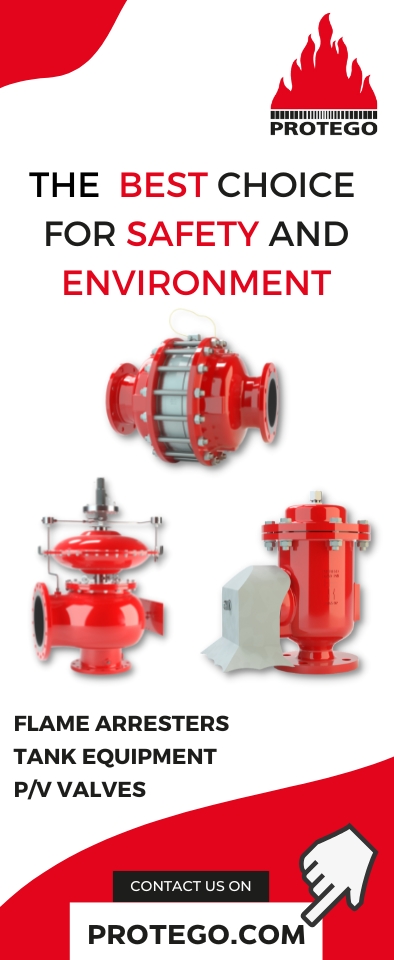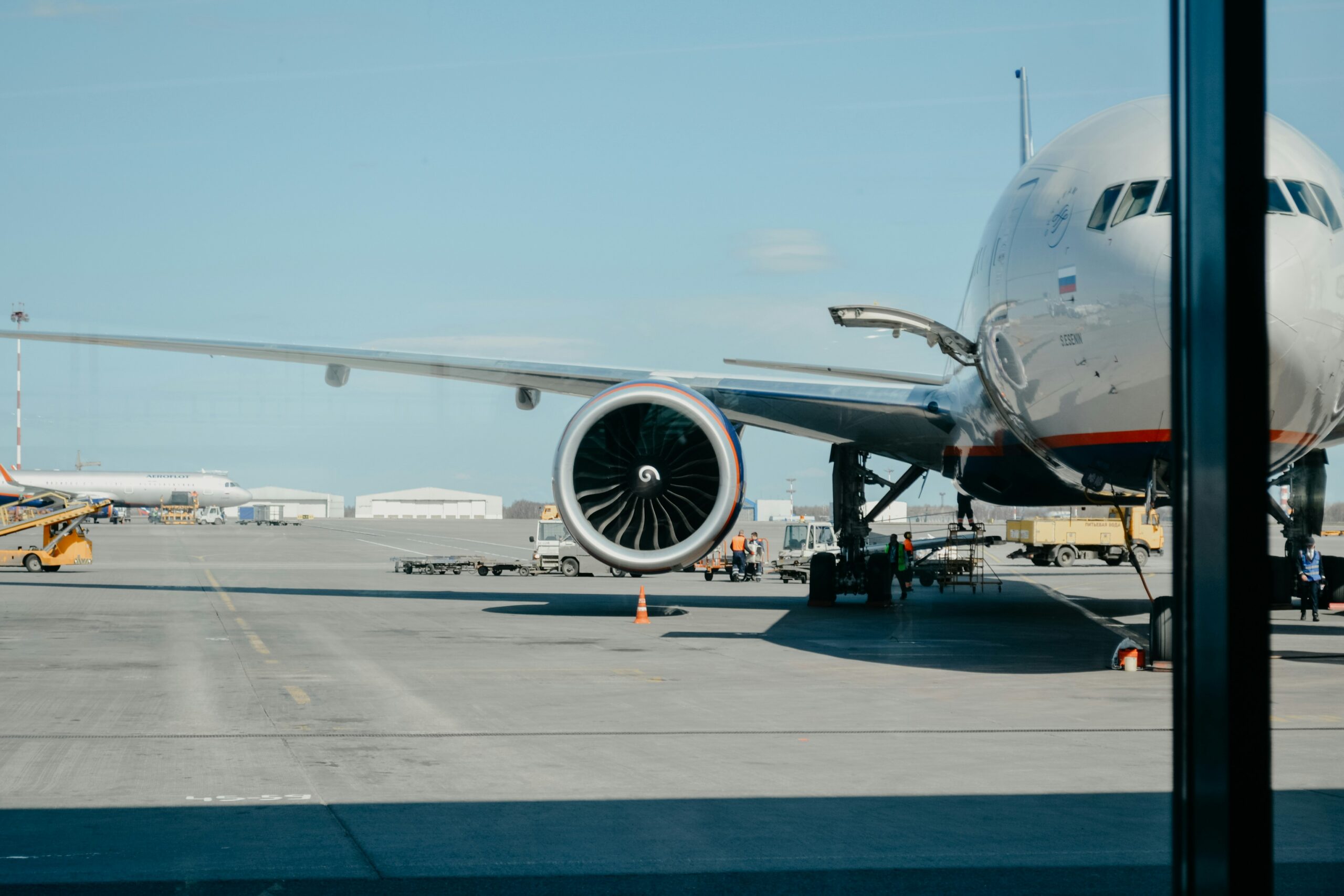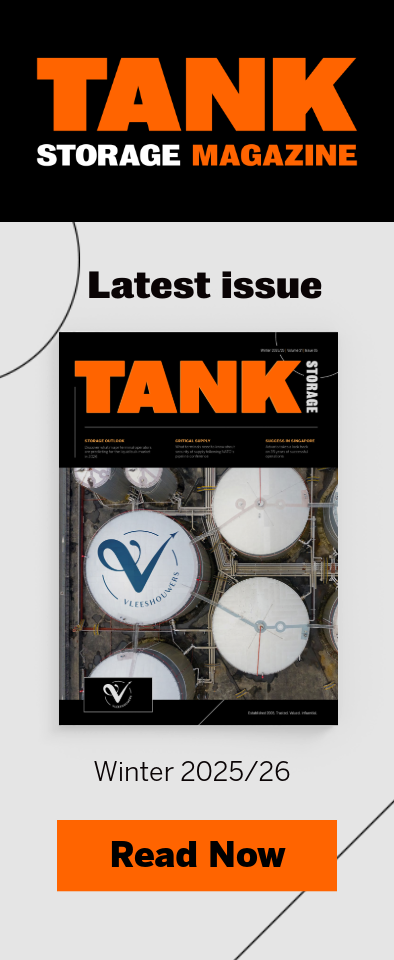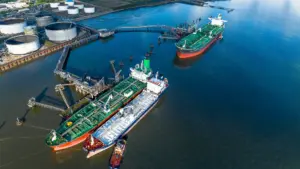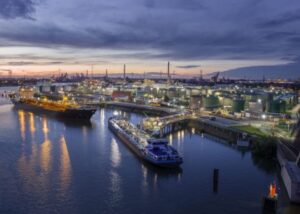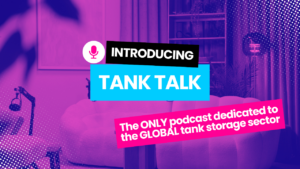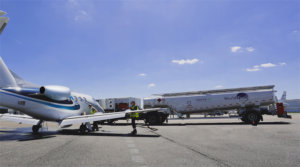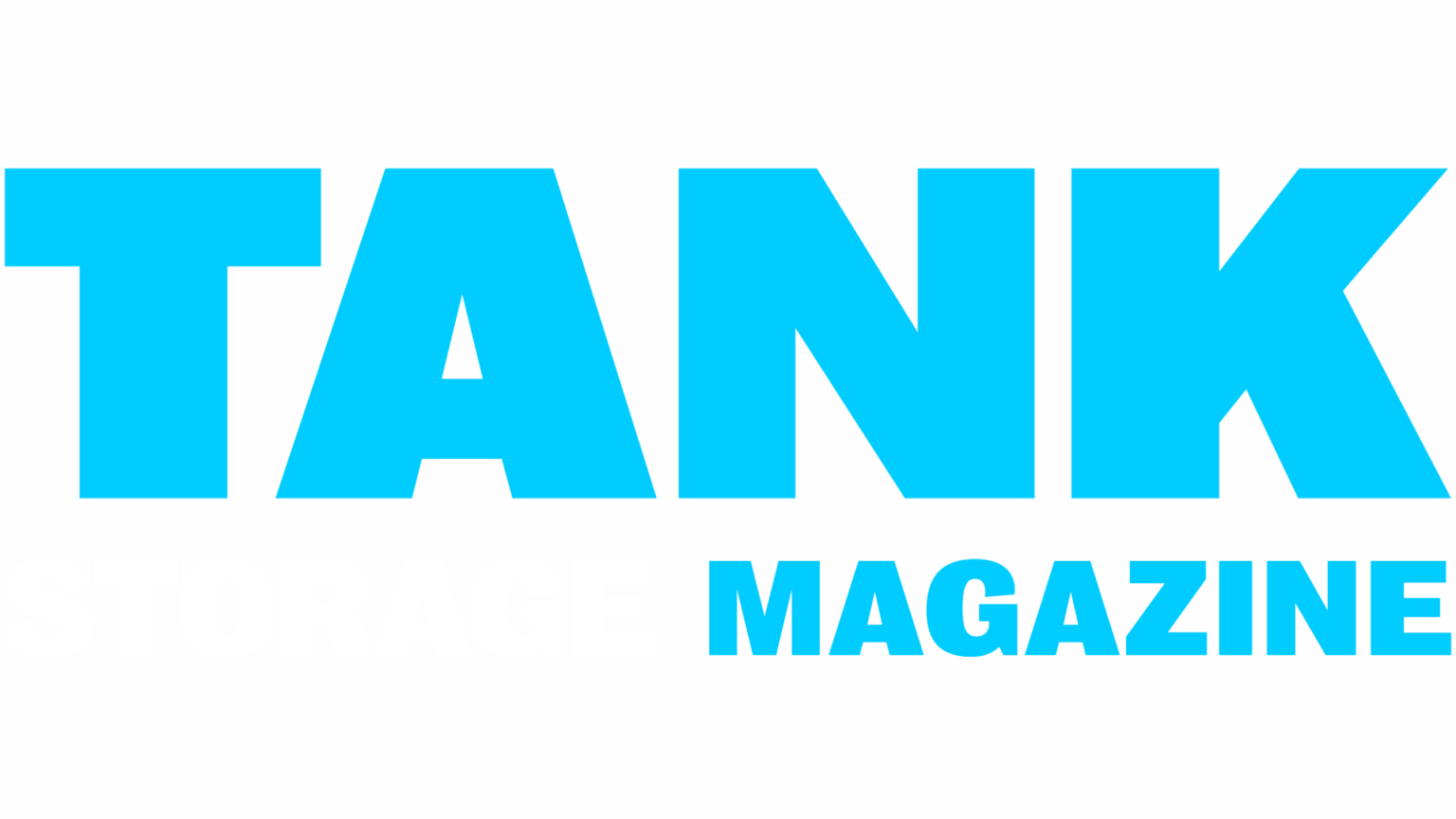Power2X has announced a strategic collaboration with Honeywell to implement Honeywell UOP’s eFiningTM methanol-to-jet processing technology in Power2X’s eFuels Rotterdam project – a large-scale production and storage hub for sustainable aviation fuel (eSAF) and synthetic, ultra-low carbon fuels in the Port of Rotterdam.
The Rotterdam facility will use locally produced green hydrogen and imported methanol produced from green hydrogen and biogenic carbon as feedstock to create electrofuels (eFuels). These eFuels are a class of synthetic fuels that can help displace a portion of fossil fuels. eFuels combine green hydrogen (i.e., hydrogen produced from renewable energy and water) and carbon dioxide to create eMethanol, which can then be converted into sustainable fuels like eSAF or other synthetic drop-in fuels. The project underscores how technology is shaping the future of aviation and the energy transition, two megatrends that align with Honeywell’s portfolio.
‘Accelerating the energy transition requires developing next-generation energy assets at an industrial scale and deploying cutting-edge technology to unlock new value chains, delivering clean energy where it’s most needed,’ says Occo Roelofsen, CEO of Power 2X. ‘Our collaboration with Honeywell on eFuels Rotterdam marks a significant step forward in producing Sustainable Aviation Fuels in the heart of Europe.’
The Power2X production facility will have the capacity to produce more than 250,000 tonnes per year of eSAF, a non-fossil, synthetic fuel made from green hydrogen. Honeywell’s eFining technology will play a central role in production, enabling the conversion of methanol into eFuels with low emissions and high efficiency.
‘The world needs a greater supply of sustainable aviation fuel in order to help decarbonize the aviation sector,’ says Barry Glickman, vice president and general manager of Sustainable Technology Solutions at Honeywell. ‘Honeywell’s eFining technology uses hydrogen and carbon dioxide, two abundant, low carbon feedstocks, to produce SAF that helps airlines meet ambitious European fuel mandates.’

